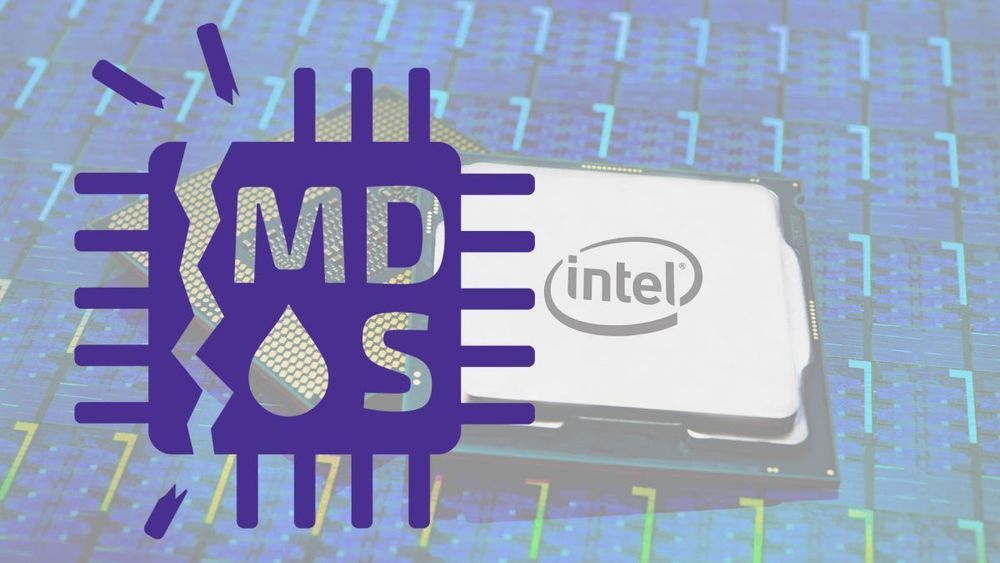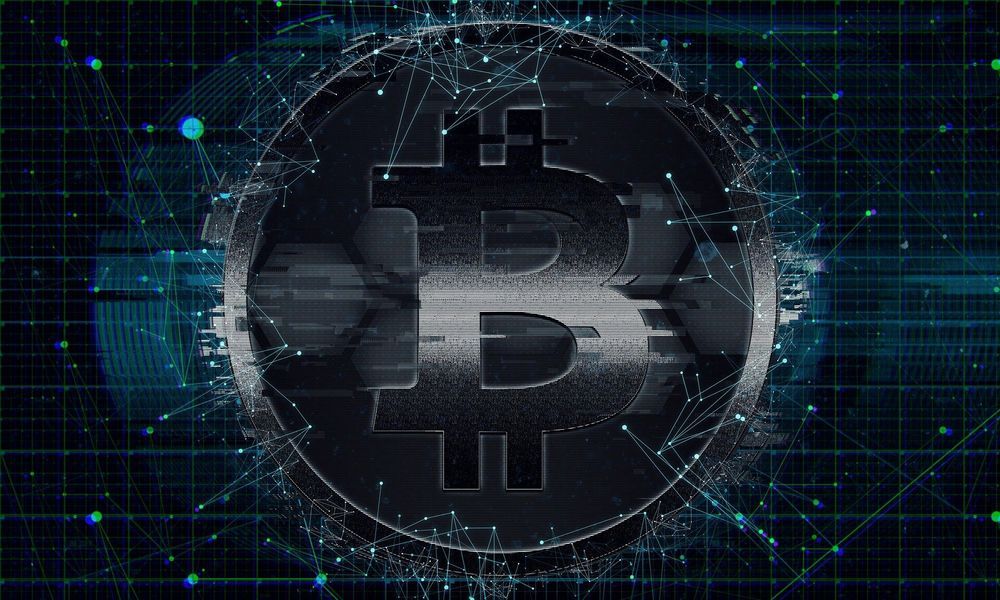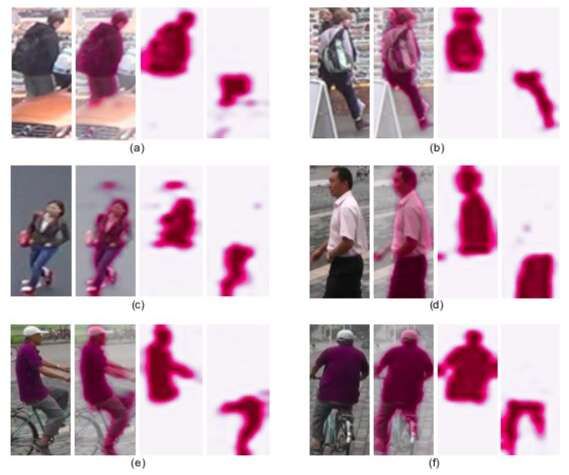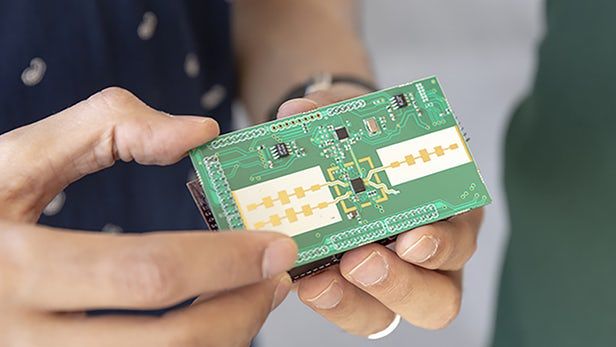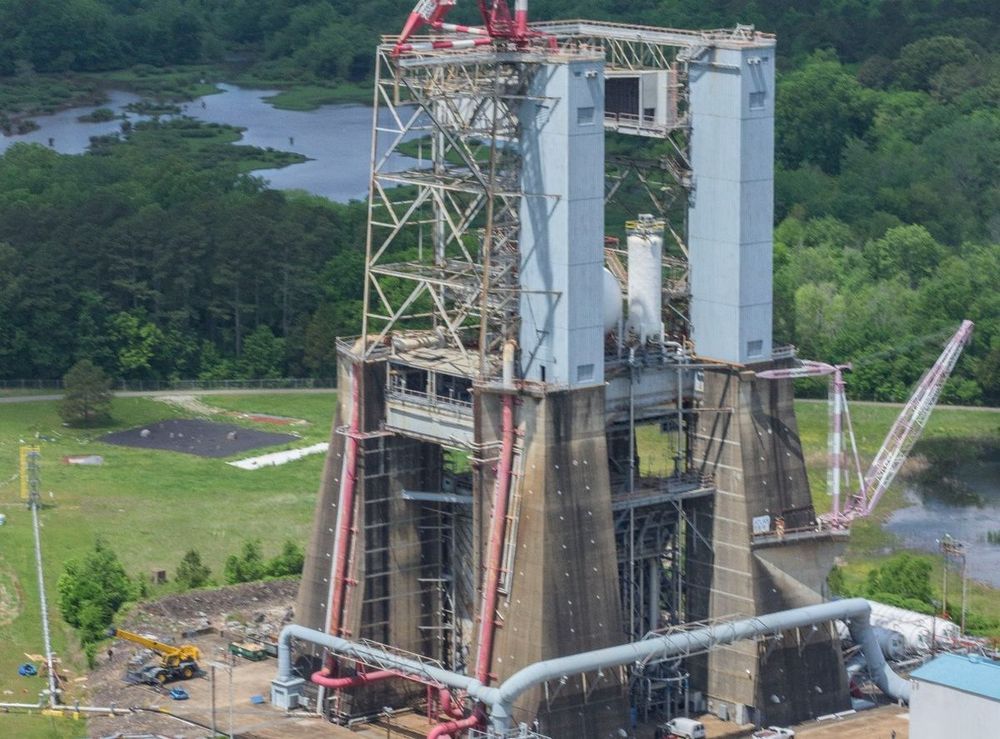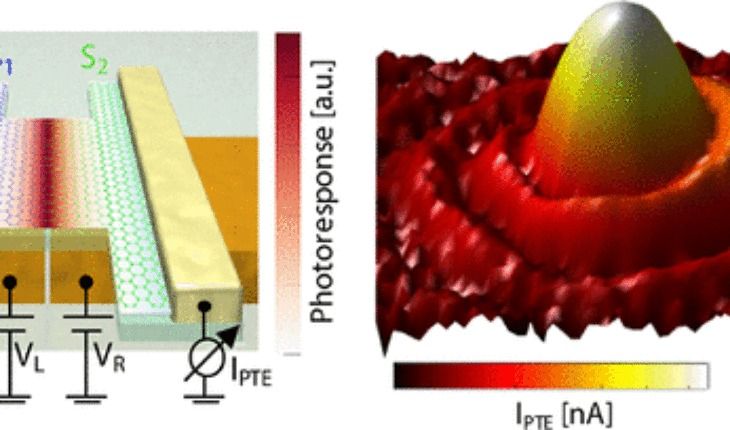Archive for the ‘security’ category: Page 95
May 9, 2019
S-money: Ultra-secure form of virtual money proposed
Posted by Quinn Sena in categories: computing, economics, finance, quantum physics, security, space
A new type of money that allows users to make decisions based on information arriving at different locations and times, and that could also protect against attacks from quantum computers, has been proposed by a researcher at the University of Cambridge.
The theoretical framework, dubbed ‘S–money’, could ensure completely unforgeable and secure authentication, and allow faster and more flexible responses than any existing financial technology, harnessing the combined power of quantum theory and relativity. In fact, it could conceivably make it possible to conduct commerce across the Solar System and beyond, without long time lags, although commerce on a galactic scale is a fanciful notion at this point.
Researchers aim to begin testing its practicality on a smaller, Earth-bound scale later this year. S-money requires very fast computations, but may be feasible with current computing technology. Details are published in the Proceedings of the Royal Society A.
Continue reading “S-money: Ultra-secure form of virtual money proposed” »
May 8, 2019
A multi-scale body-part mask guided attention network for person re-identification
Posted by Quinn Sena in categories: robotics/AI, security
Person re-identification entails the automated identification of the same person in multiple images from different cameras and with different backgrounds, angles or positions. Despite recent advances in the field of artificial intelligence (AI), person re-identification remains a highly challenging task, particularly due to the many variations in a person’s pose, as well as other differences associated with lighting, occlusion, misalignment and background clutter.
Researchers at the Suning R&D Center in the U.S. have recently developed a new technique for person re-identification based on a multi-scale body-part mask guided attention network (MMGA). Their paper, pre-published on arXiv, will be presented during the 2019 CVPR Workshop spotlight presentation in June.
“Person re-identification is becoming a more and more important task due to its wide range of potential applications, such as criminal investigation, public security and image retrieval,” Honglong Cai, one of the researchers who carried out the study, told TechXplore. “However, it remains a challenging task, due to occlusion, misalignment, variation of poses and background clutter. In our recent study, our team tried to develop a method to overcome these challenges.”
May 7, 2019
Security Company to Install Gun-Detecting AI in Mosques Worldwide
Posted by Quinn Sena in categories: robotics/AI, security
May 2, 2019
Microsoft Office 365 Accounts Under Attack — What You Need To Know
Posted by Genevieve Klien in category: security
Security researchers have seen a startling rise in attacks against Microsoft Office 365 accounts. Here’s what they found and how you can keep the hackers out…
Apr 29, 2019
New matchbox-sized radar could make its way into drones and security systems
Posted by Quinn Sena in categories: drones, security
The smaller and lighter electronics get, the more ways they can be used. A team of researchers has come up with a compact radar system the size of a matchbox that could be deployed in drones, guidance systems for people with vision problems, and other gadgets where portability and low cost are important.
Apr 19, 2019
It’s official: Blue Origin will bring rocket engine tests back to Huntsville
Posted by Genevieve Klien in categories: security, space travel
One of Huntsville’s historic Apollo engine test stands is coming back to life under an agreement between NASA and Jeff Bezos’ Blue Origin space company.
NASA announced Wednesday it has signed an agreement to let Blue Origin use Marshall Test Stand 4670 to test its BE-3U and BE-4 rocket engines. The BE-4 has been selected to power United Launch Alliance’s new Vulcan rocket and Blue’s New Glenn rocket.
Both rockets are being built to power new boosters for America’s three key space markets: NASA, commercial companies like ULA and national security customers such as the Air Force.
Continue reading “It’s official: Blue Origin will bring rocket engine tests back to Huntsville” »
Apr 18, 2019
Graphene Terahertz Cameras Could Become Common
Posted by Quinn Sena in categories: internet, mobile phones, security
EU researchers have developed a graphene-enabled detector for terahertz light that is faster and more sensitive than existing room-temperature technologies. This can lead to a fully digital low-cost terahertz camera system. This could be as cheap as the camera inside the smartphone, since such a detector has proven to have a very low power consumption and is fully compatible with CMOS technology.
Detecting terahertz (THz) light is extremely useful for two main reasons. Firstly, THz technology is becoming a key element in applications regarding security (such as airport scanners), wireless data communication, and quality control, to mention just a few. However, current THz detectors have shown strong limitations in terms of simultaneously meeting the requirements for sensitivity, speed, spectral range, being able to operate at room temperature.
Secondly, it is a very safe type of radiation due to its low-energy photons, with more than a hundred times less energy than that of photons in the visible light range.
Continue reading “Graphene Terahertz Cameras Could Become Common” »
Apr 13, 2019
Transhumanism Becoming the ‘Relentless Drumbeat’ Shaping Our Future
Posted by Derick Lee in categories: bioengineering, cryptocurrencies, economics, geopolitics, security, surveillance, transhumanism
Following recent trends in state-of-the-art developments, from cryptocurrencies and universal basic income to biohacking and the surveillance state, transhumanism has been moved into the limelight of political discourse to reshape humanity’s future.
Andrew Vladimirov, Information security specialist, biohacker and one of the original members of the Transhumanist Party UK, spoke in-depth with Sputnik about the rise of transhumanism and its implications.
